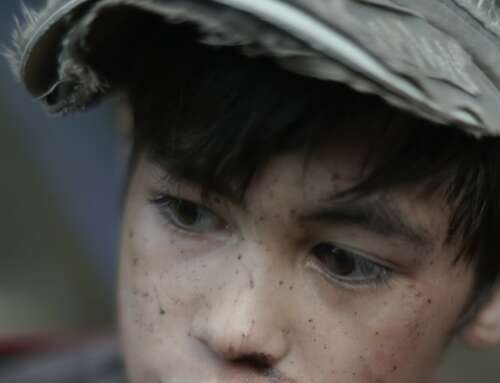Every parent wants their child to grow into a strong, successful human being, but how is this best achieved?
The kind of play experiences that help cultivate the development of successful traits are found via a genuinely challenging environment, where kids can test their abilities in self-assessment, problem-solving, risk-taking, and adaptation in response to difficulties and failure. These experiences are particularly crucial during critical or sensitive periods when the brain is most receptive.
Challenge comes with risk; but if we withhold from our children the opportunity to take risks, learn from their failures, and discover adaptive coping techniques, we withhold from them the opportunity to learn.
This talk will highlight evidence from Australia and abroad that demonstrates that by over-sanitising early play experiences, we have done our children more harm than good. This talk will focus on the evidence-base behind the importance of access to green space (or nature play) and how it is thought to improve the trajectory of the growing brain.
Objectives:
- To understand the way in which the developing brain wires itself to the environment in which it finds itself
- How access to play in green space improves physical and cognitive development
- The importance of unstructured play with the full potential for both risk and reward in social-emotional development
Dr Rachael Sharman, Senior Lecturer in Psychology, University of the Sunshine Coast
Dr Sharman will be speaking at the The Melbourne Mental Health and Wellbeing of Young People not-for-profit educational seminar. More>>







Leave A Comment